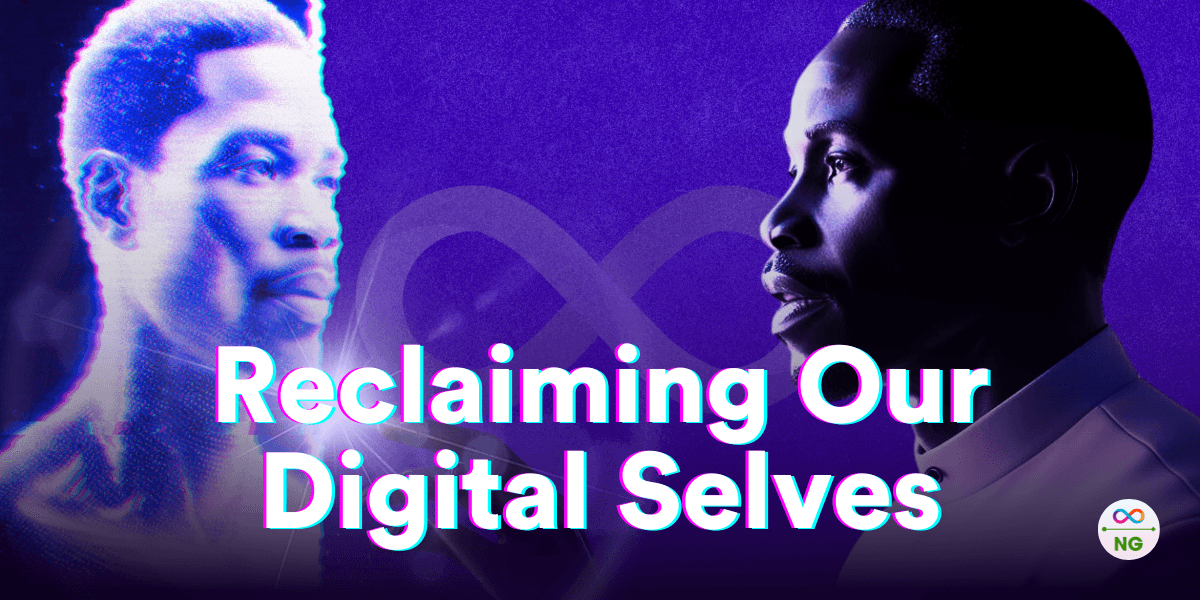Reclaiming Our Digital Selves: The Imperative of Decentralized Digital Identity
February 25, 2025

Our digital lives are increasingly intertwined with online services, demanding constant verification of our identities. In the expanse of the digital realm, our identities have become commodities, traded and stored within the confines of centralized databases.
Every login, every transaction, and every shared piece of information contributes to a digital profile, often beyond our control. This reliance on centralized systems, while seemingly convenient, has created a landscape rife with vulnerabilities, jeopardising our privacy, security, and fundamental right to self-determination.
The reality is stark: centralized databases are prime targets for cyberattacks. The sheer concentration of sensitive data makes them irresistible to malicious actors, resulting in frequent and devastating data breaches. These breaches expose our personal information, from financial details to medical records, leaving us vulnerable to identity theft, fraud, and other forms of exploitation.
Furthermore, we often surrender control over our data, entrusting it to entities that may prioritise profit over privacy. The lack of transparency and accountability in these systems erodes trust and leaves us feeling powerless.
This paradigm, however, is not inevitable. A fundamental shift is underway, driven by the imperative to reclaim our digital selves. Decentralized Digital Identity (DDI) offers a compelling alternative, a pathway to a more secure, private, and user-centric digital future.
The Pillars of Decentralized Identity: Verifiable Credentials, Decentralized Identifiers, and Blockchain Technology
DDI is built upon three core components that work in synergy to empower individuals and redefine the landscape of digital identity:
Verifiable Credentials (VCs)
Imagine a digital wallet containing secure, tamper-proof representations of your real-world credentials. These VCs, issued by trusted entities, allow you to prove your identity, qualifications, or attributes without revealing unnecessary personal information. Unlike physical documents, VCs are easily verifiable, secure, and portable.
Decentralized Identifiers (DIDs)
These unique, self-sovereign identifiers give you complete control over your digital identity. Unlike centralized identifiers, which are tied to specific platforms or authorities, DIDs are independent and portable. You can create and manage multiple DIDs, each serving a specific purpose, enhancing privacy and control.
Blockchain Technology
This distributed ledger technology provides the foundation for DDI, ensuring security, transparency, and immutability. Data stored on a blockchain is resistant to tampering and manipulation, guaranteeing the integrity of digital identities and VCs.
The Ecosystem of DDI: Issuers, Holders, and Verifiers
The DDI ecosystem is comprised of three key players, each playing a crucial role in the issuance, management, and verification of digital identities:
- Issuers: These are trusted entities, such as governments, educational institutions, or businesses, that issue VCs. They verify the authenticity of the information contained within the credentials and digitally sign them, guaranteeing their validity.
- Holders: These are individuals who own and manage their VCs in a secure digital wallet. They have complete control over their data and decide when and with whom to share it.
- Verifiers: These are entities that require proof of identity or qualifications. They request verification of VCs from holders and use cryptographic methods to confirm their authenticity.
Addressing the Flaws of Centralized Systems: Security, Privacy, and Control
Centralized identity management systems suffer from several inherent flaws that DDI effectively addresses:
- Data Breaches: Centralized databases are vulnerable to cyberattacks, exposing vast amounts of sensitive user data. DDI, by distributing data across a blockchain, eliminates the single point of failure and reduces the risk of large-scale breaches.
- Lack of Privacy: Users have little control over their personal information, which is often collected and shared without their consent. DDI empowers individuals to control their data, sharing only the necessary information and protecting their privacy.
- Single Point of Failure: If a central authority is compromised, all user data is at risk. DDI, by its decentralized nature, eliminates this single point of failure, ensuring resilience and security.
The Importance of Digital Equity: Bridging the Gap
DDI has the potential to promote digital equity by giving individuals control over their identities and enabling access to essential services. In a world where millions lack official identity, DDI can provide a pathway to inclusion, empowering marginalised communities and fostering a more equitable digital society.
As we navigate an increasingly digital world, the need for a secure, private, and user-centric approach to identity management is paramount. DDI offers a compelling solution, a way to reclaim our digital selves and build a more trusted and equitable digital future.
For those looking to implement and build these systems, the Internet Computer Protocol (ICP) offers a robust and scalable platform, with its speed, security, and on-chain data storage, to bring these decentralized solutions to life.